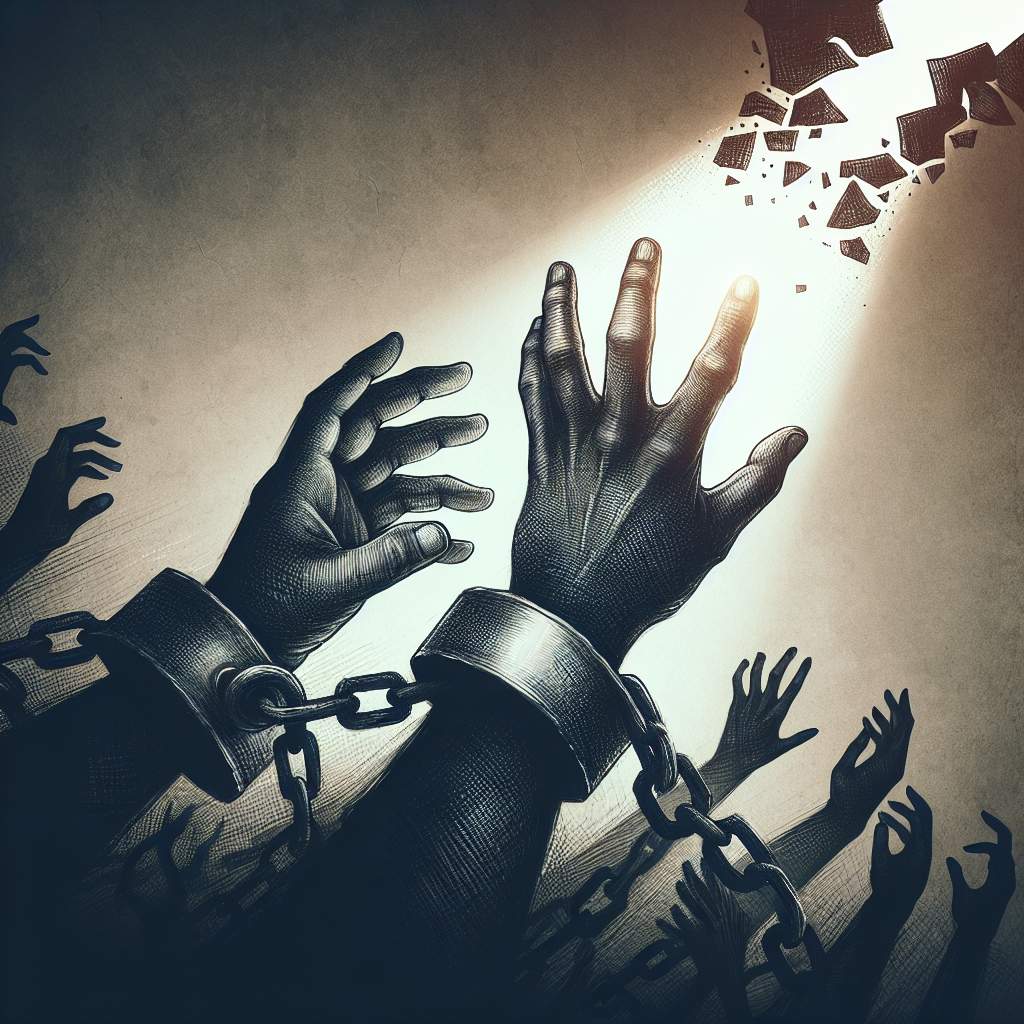In Guinea-Bissau, urgent measures are needed to address trafficking in persons, particularly the exploitation of children, as impunity and weak enforcement threaten national efforts, a UN expert warned today. Siobhán Mullally, the UN Special Rapporteur on trafficking in persons, especially women and children, called for strengthened accountability to ensure justice for trafficking victims. The statement followed an 11-day visit to the country to assess the trafficking situation.
Mullally pointed to severe challenges, including widespread child poverty, food insecurity, and lack of quality education, which elevate trafficking risks, particularly for vulnerable children. "Girls are especially at risk, often trafficked for domestic servitude and facing high risks of sexual exploitation," she stated, noting that many girls are exploited as domestic workers in urban centres. The prevalence of child labour in sectors such as agriculture and an increasing tourism industry on the Bijagos Islands further amplifies risks of trafficking for sexual exploitation, she explained.
Children involved in begging or street vending are also at risk, particularly due to limited protective oversight. Mullally highlighted that weak child protection systems leave children vulnerable to trafficking and exploitation, even as the government initiates investigations and adopts new national strategies. Despite these efforts, she stressed that impunity for traffickers is widespread.
Mullally also noted that migration challenges contribute to trafficking, with many young people taking dangerous routes due to limited opportunities for safe migration. "Stronger international cooperation is essential to expand safe, regular migration pathways," she emphasized, adding that this could reduce the exploitation of vulnerable youth in transit or destination countries.
The expert highlighted the specific risks women and girls face in trafficking contexts, including forced marriage and sexual exploitation, which are often fueled by systemic gender inequality, discrimination, and limited access to justice. Mullally advocated for gender-sensitive, child-focused, and trauma-informed criminal justice reforms that can empower victims and improve justice accessibility, especially in rural areas.
In sectors such as agriculture, domestic work, fisheries, and mining, workers face high risks of forced labor and trafficking. Domestic workers, often isolated, are particularly susceptible to forced labor and sexual exploitation. The expert emphasized the urgent need to enforce labour protections across these high-risk sectors and enhance the role of civil society organizations, trade unions, and legal professionals in victim support and advocacy.
"The lack of comprehensive assistance and protective measures for trafficking victims remains a serious concern," Mullally said, underscoring the importance of civil society and legal assistance in ensuring that victims receive adequate support.
While welcoming the government’s commitment to combat trafficking in persons and its adoption of a new national plan, Mullally warned that insufficient financial resources and enforcement mechanisms hinder progress. The need for cooperation among government bodies, civil society, and international partners is essential to provide trafficking victims with safety, justice, and rehabilitation.
In her final remarks, the Special Rapporteur reiterated the necessity for Guinea-Bissau to urgently address trafficking risks across various sectors and to implement comprehensive strategies that prioritize victims' rights and close protection gaps to combat the trafficking crisis.











